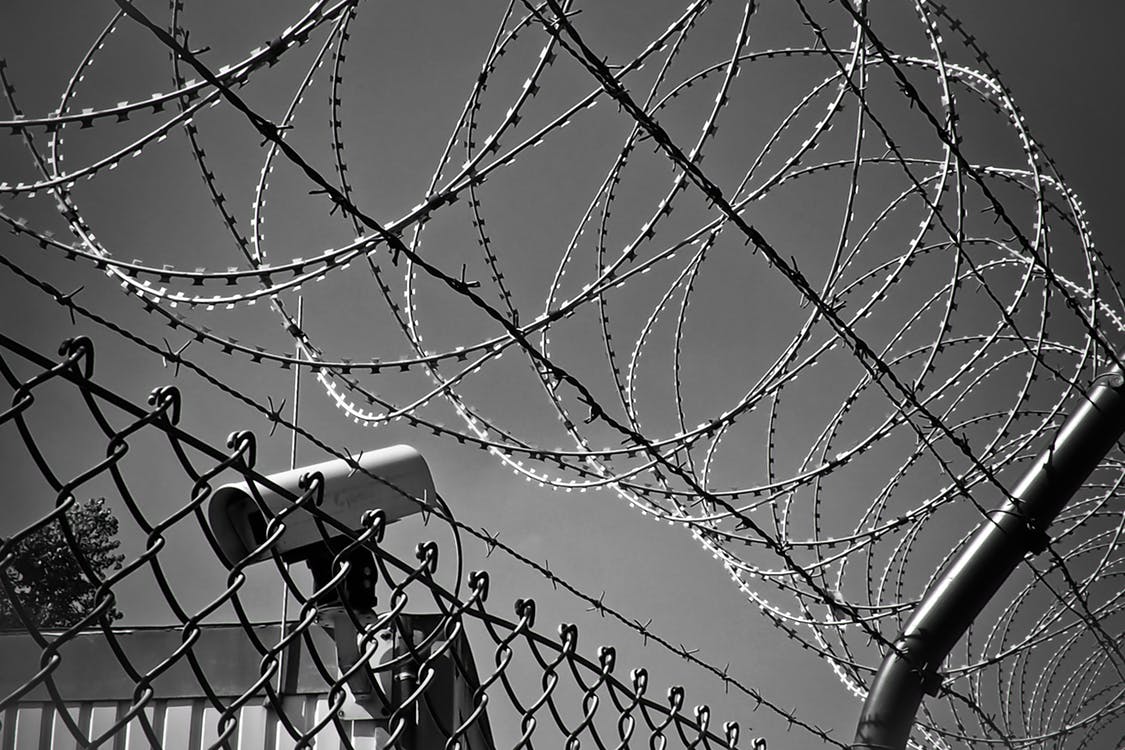|
“Man, you’re so lucky. You got fired. Me, I’m stuck here.”
About 15 years ago, I left a successful freelance practice to take a staff position at an agency. Which lasted about two years before the axeman cameth. Lucky by being fired? That’s what my buddy at the agency believed. With two kids, a mortgage and all the other bills staring me down each month, I didn’t quite share his exuberance. I had taken the job mainly for the “safety” of a steady paycheck and benefits (sound familiar?). Then the market tanked, which left me in a pit of political turf wars. Employees battled to fend off layoffs. Friends became competitors. Competitors became cut throat artists. But it turns out my friend was absolutely right. I couldn’t have been luckier. My survival instincts had kicked in early, and I had reestablished freelance contacts in advance of being "destaffed. I even turned down a full-time job two weeks later because I was re-invigorated by the rush of freelance work. But I’d be lying if I said I wasn’t scared of sacrificing a safe paycheck in a recession. As I look back on the experience, I recognize the true culprit in my firing: the obsessive search for career safety. At what price career safety?Career fear has become all-consuming. We are obsessed with doing anything and everything to be safe from that fear. And the cost can be high. Very high. Because while career safety is, well, safe, it can also be smothering. It can insulate you from the outside world, and thereby stunt your career growth. It can also erode your survival skills for reality beyond your cocoon. Here’s what to look out for, and how to protect yourself from, the smothering illusion of career safety: Five dangers of career safety.
1 Comment
|
Archives
April 2021
Categories |

 RSS Feed
RSS Feed